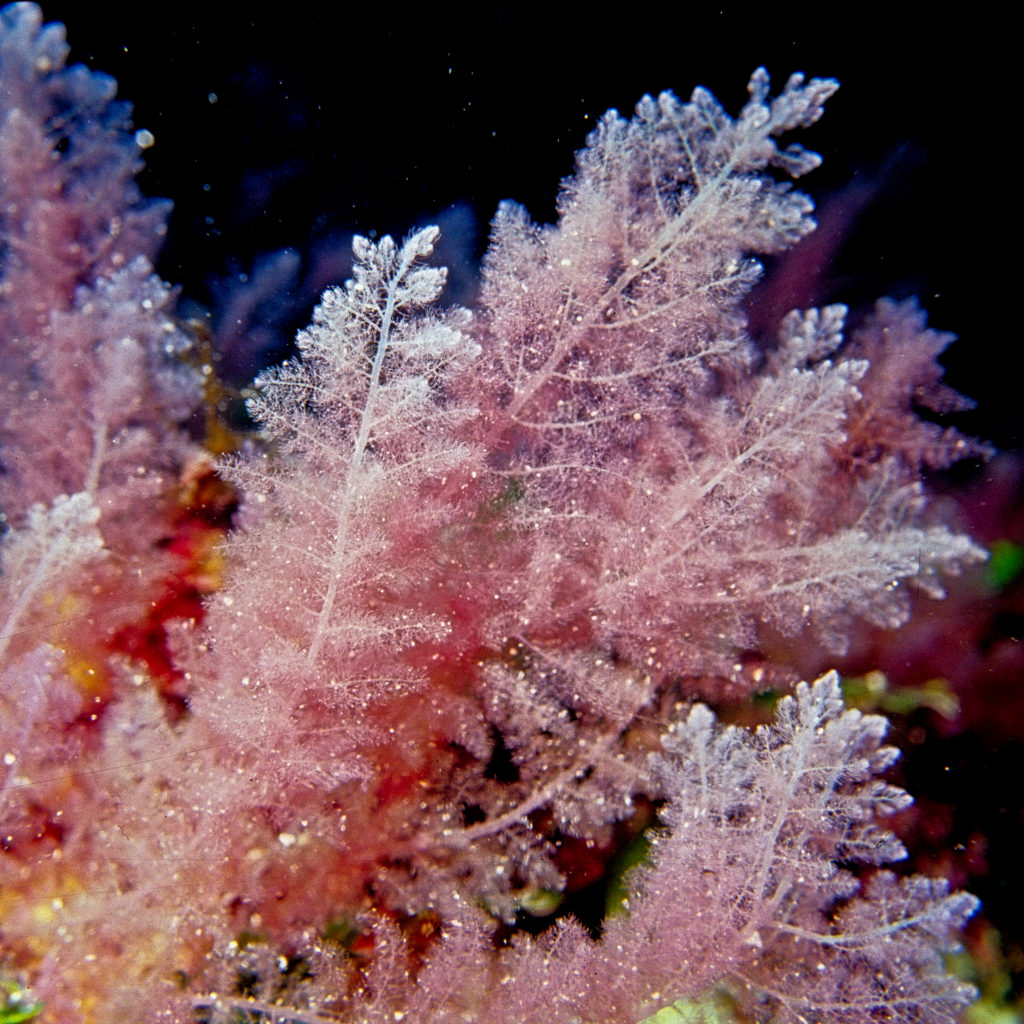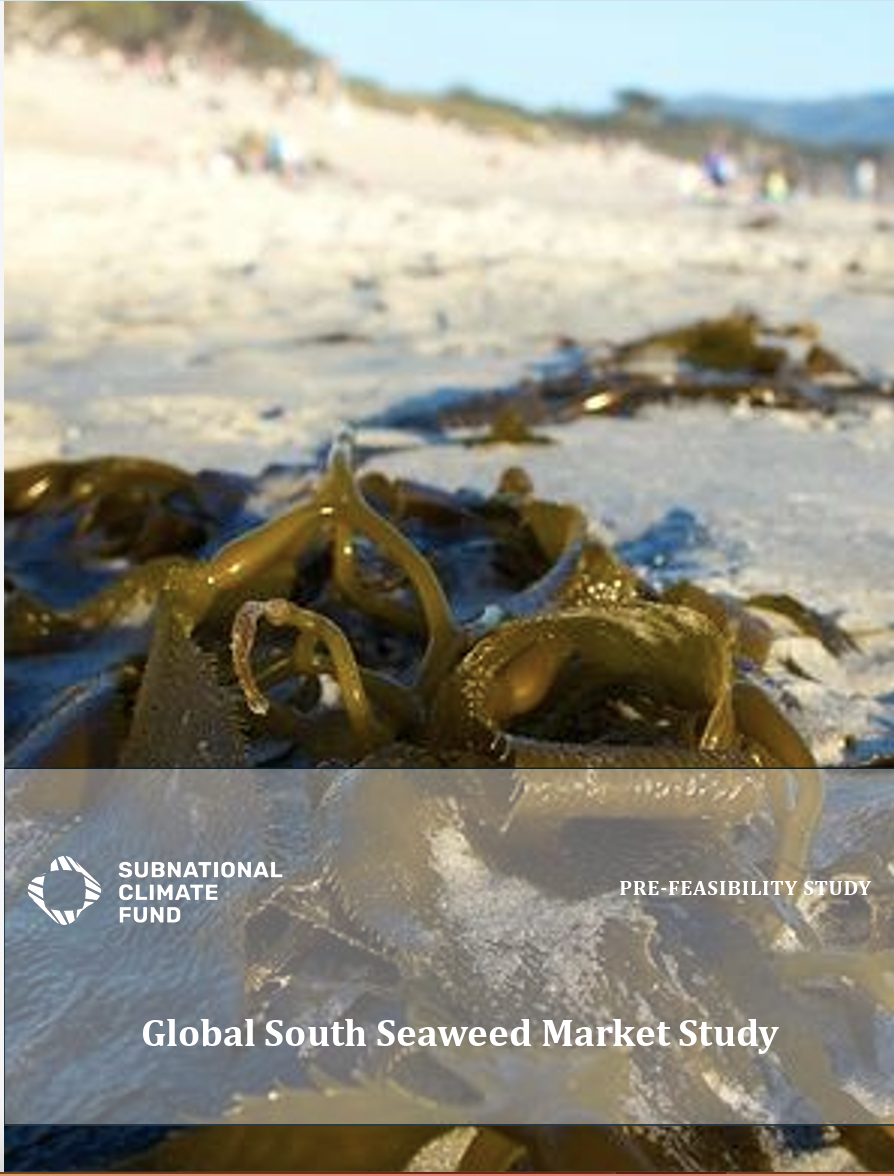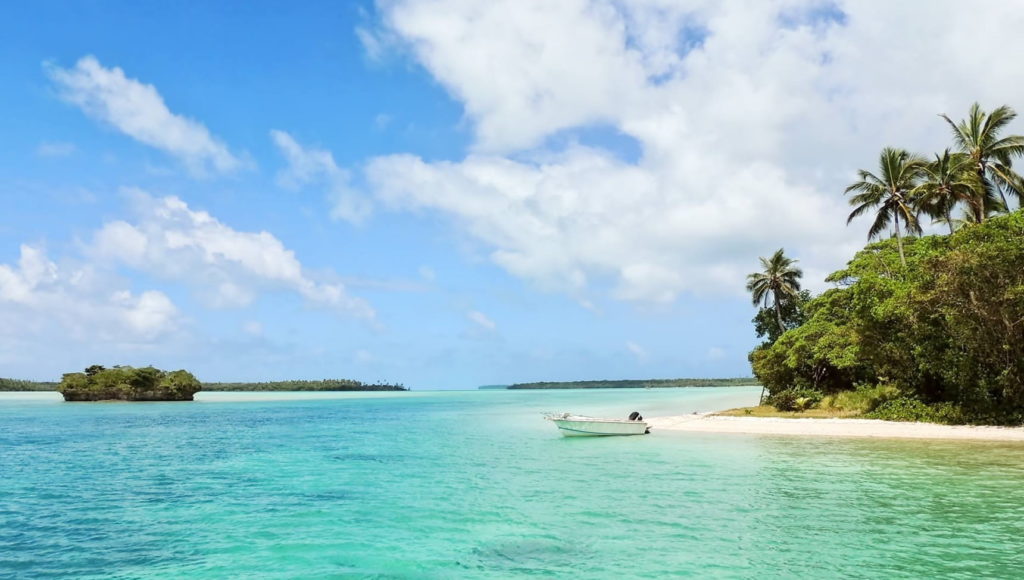- Sector : Sustainable Agriculture
- Location : Global South

Overview
The Subnational Climate Fund (SCF) is providing technical assistance to a project in Fiji that aims at transforming the seaweed farming industry through the introduction and development of seaweed-based products.
Seaweed farming is emerging as a sustainable global solution to various environmental and social challenges. It offers a diverse set of benefits, including but not limited to greater food security, climate change mitigation, improved human health, eutrophication reduction, poverty alleviation, and gender equality.
Previously concentrated in East and Southeast Asia, seaweed cultivation is now expanding worldwide, presenting a promising opportunity that can further contribute to the development of low-carbon value chains and promote the sustainable use of coastal waters, given its transformative potential in restoring ecosystems, supporting sustainable livelihoods, and providing raw materials for various industries. In the broader Global South, coastal communities already participate in seaweed supply chains, but with greater investment and innovation, they could unlock additional significant economic opportunities.
The Challenge
While seaweed farming presents a promising opportunity for environmental sustainability and economic development, the industry faces significant challenges that hinder its potential.
One of the primary obstacles is the fragmented nature of the supply chain, where smallholder farmers operate in remote coastal areas with limited access to efficient processing infrastructure, which can undermine market competitiveness.
Additionally, the industry struggles with inconsistent biomass availability due to seasonal variability, genetic limitations, impacts of climate change, including rising sea temperatures and ocean acidification, as well as vulnerability to diseases exacerbated by genetic degradation from current farming practices.
Market access remains another critical challenge. Coastal communities, despite their participation in existing supply chains, often lack the resources and knowledge to tap into higher-value applications.
SCF’s Involvement – Technical Assistance
SCF Technical Assistance has commissioned a pre-feasibility market study covering new and emerging market opportunities for tropical seaweed in the Global South, focusing on two primary applications:
- Biostimulants that enhance plant growth and resilience against abiotic stressors in agriculture
- Biofuels that function as sustainable alternative energy sources derived from seaweed as a third-generation feedstock
This study provided further understanding on the environmental, social, and economic benefits of scaling up seaweed farming in the Global South and supported the project’s growth in alignment with global sustainability goals.
Our Target Impact
Seaweed projects have potential to deliver significant environmental, social and economic benefits, aligning with the following UN Sustainable Development Goals (SDGs):
-

SDG 13 Climate Action
Biofuels from seaweed can reduce reliance on fossil fuels in urban areas, contributing to cleaner air and lower emissions.
-

SDG 8 Decent Work and Economic Growth
The seaweed industry can generate new jobs and economic opportunities in coastal communities, especially in developing countries. By diversifying income sources for small-scale farmers and harvesters, it contributes to sustainable livelihoods and economic resilience.
-

SDG 5 Gender Equality
The seaweed sector has been shown to empower women and marginalized groups through their involvement in the value chain, from cultivation to processing and marketing, fostering gender equality and social inclusion in coastal economies.
-

SDG 15 Life on Land
Seaweed biostimulants improve soil health, boosting fertility, water retention, and biodiversity, addressing soil degradation issues in agriculture.
-

SDG 14 Life Below Water
Seaweed cultivation supports marine biodiversity by providing habitats for various marine species. Sustainable harvesting practices can help maintain healthy marine ecosystems while promoting the conservation of ocean resources.



